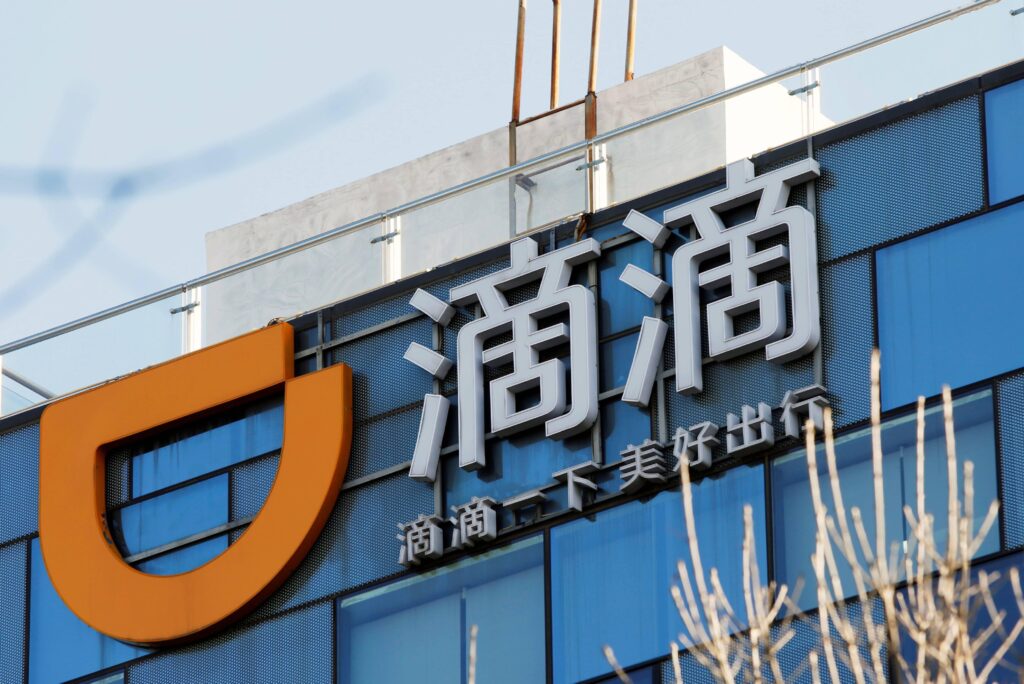
Amid China’s economic slowdown, many local governments have warned of new entry into the market, pointing to saturation of the vehicle call market.
According to Hong Kong’s South China Morning Post (SCMP) on the 19th, the Zhejiang Jiaxing Transportation Authority warned “not to enter the market blindly,” saying that the average daily calls and income of drivers decreased due to the saturated car call market.
The Jiaxing transportation authority said vehicles in the car calling industry received an average of 11.9 calls per day in the second quarter, earning 214.7 yuan before expenses. Calls were 0.6 times lower and imports were 9.9 yuan lower than in the first quarter.
On the 1st, Nanning Transportation Authority in Guangxi Zhuang Autonomous Region also announced that the average number of daily calls received by car-calling industry vehicles during the same period decreased by more than 10% from the same period last year, and the daily income of full-time drivers also decreased by about 1.3%.
At least five local governments have issued similar warnings over the past month, warning that the car-calling industry is already saturated or reaching saturation, the newspaper said.
Tang Da-je, a senior researcher at Beijing think tank China Enterprise, told SCMP, “The main reason for the current slowdown in the vehicle call industry is that economic activity has weakened as businesses are closed and demand is reduced due to personal unemployment.”
He added, “The decrease in (people’s) spending may have also played a part because vehicle call services are relatively more expensive than conventional taxis and public transportation.”
According to China’s Ministry of Transportation, as of the end of June, 7.1 million car call service drivers were registered in China. It increased significantly from 4.5 million two years ago.
“Because you only need a car and a driver’s license, car call service drivers have been considered the ‘last bastion’ for many unemployed people in China over the past few years, but this may no longer be the case,” the SCMP said. “The recent warnings from local governments came amid China’s economic slowdown and the emergence of unmanned taxi services.”
He added that new technologies such as driverless cars are threatening the existing ride-hailing market with price competitiveness.
Last month, Guotai Securities said in a report that the robotaxi service “Apollo Go,” which Baidu, a Chinese big tech (information technology giant), launched in Wuhan, Hubei Province, is gaining popularity, adding that “autonomous taxis can threaten the existing taxi and online vehicle calling industries.”
EJ SONG
US ASIA JOURNAL



